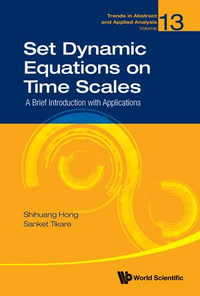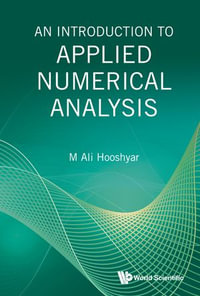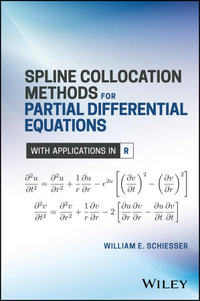
eTEXT
Hyperbolic Problems: Theory, Numerics, Applications
Eighth International Conference in Magdeburg, February/March 2000 Volume II
By: Heinrich Freistuhler, Gerald Warnecke
eText | 6 December 2012 | Edition Number 1
At a Glance
eText
$159.01
or
Instant online reading in your Booktopia eTextbook Library *
Read online on
Desktop
Tablet
Mobile
Not downloadable to your eReader or an app
Why choose an eTextbook?
Instant Access *
Purchase and read your book immediately
Read Aloud
Listen and follow along as Bookshelf reads to you
Study Tools
Built-in study tools like highlights and more
* eTextbooks are not downloadable to your eReader or an app and can be accessed via web browsers only. You must be connected to the internet and have no technical issues with your device or browser that could prevent the eTextbook from operating.
ISBN: 9783034883726
ISBN-10: 3034883722
Published: 6th December 2012
Format: PDF
Language: English
Publisher: Springer Nature
Edition Number: 1























